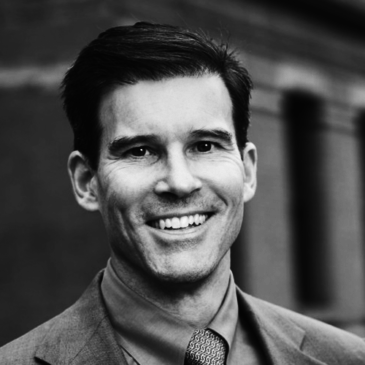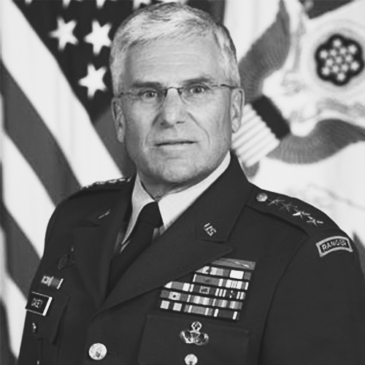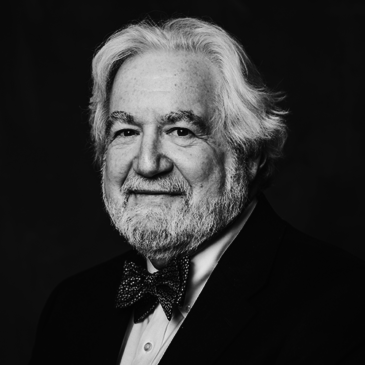General George W. Casey, Jr. enjoyed a 41-year career in the U.S. Army following his graduation from Georgetown University’s School of Foreign Service in 1970. He is an accomplished soldier and an authority on strategic leadership. As the Army Chief of Staff, he led one of our largest and most complex organizations during one of the most extraordinary periods in our history. He is widely credited with restoring balance to a war-weary Army and leading the transformation to keep it relevant in the 21st Century. Prior to this, from July 2004 to February 2007, he commanded the Multi-National Force – Iraq, a coalition of more than 30 countries. He guided the Iraq mission through its toughest days and set the conditions for our long-term success.
Currently, he lectures internationally on leadership to the leaders of national and multinational corporations and at other business schools. He serves on several corporate boards and numerous boards of organizations that support our servicemen and women, our veterans, and their families. He also teaches international relations at the Korbel School in Denver.
He has published a book, Strategic Reflections, Operation Iraqi Freedom, July 2004-2007 (October 2012), about his experiences in Iraq, and two articles on leadership: “Leading in a VUCA World”, Fortune Magazine (March 20, 2014), and “Volatile, Uncertain, Complex and Ambiguous: Leadership Lessons from Iraq”, Chapter 1, Changing Mindsets to Transform Security, (December 2013).
He holds a Masters Degree in International Relations from Denver University, and served as a Senior Fellow at the Atlantic Council of the United States, a foreign policy think-tank. He has broad international experience. Born in Japan, he served in operational assignments in Europe, the Balkans and the Middle East.






























